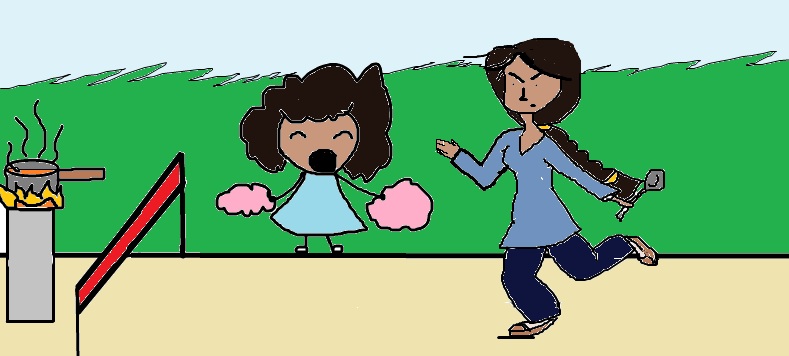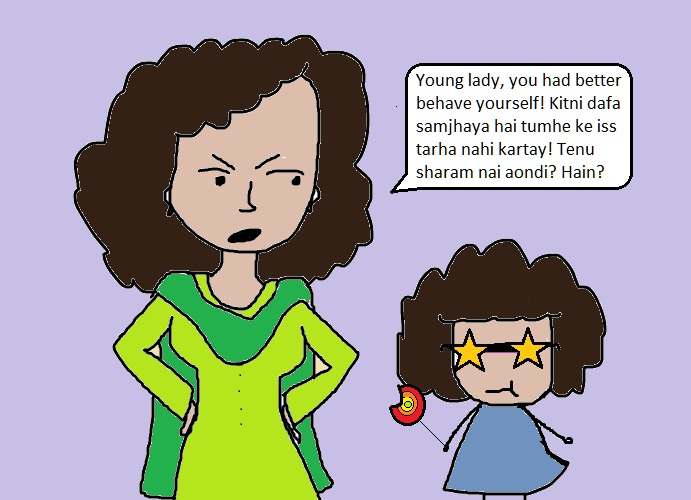From the trailer:
In India, China and many other parts of the world today, girls are killed, aborted and abandoned simply because they are girls. The United Nations estimates as many as 200 million girls are missing in the world today because of this so-called “gendercide”.
This documentary film tells the stories of abandoned and trafficked girls, of women who suffer extreme dowry-related violence, of brave mothers fighting to save their daughters’ lives, and of other mothers who would kill for a son. Global experts and grassroots activists put the stories in context and advocate different paths towards change, while collectively lamenting the lack of any truly effective action against this injustice.
One intensely riveting documentary. Recommended to those with a palate and zest for social justice, gender equality and harmony in cultures around the world. There are several parts in this documentary where the incidents narrated are highly graphic and unsettling (wherein some mothers killed female offspring due to pressure and stigma from the society) but this is a reality and the only way to tackle and eliminate it is to address it, firstly, and, secondly, rebel against the status quo that establishes this brutal approach. This is a warped amalgamation of cultural norms, societal obsessions with power and status as a result of patriarchy’s megalomania, religious orthodoxy and mass misinterpretation further reinforced by authoritarian institution(s), economic reasons, so on and so forth. It begins with the idea that (i) a female carries the evil potential to bring “dishonor” to the family and (ii) she is incapable of bringing food to the table like a “true man” would. Therefore she is seen as a potentially promiscuous burden on the monetary capacity of the household. In order to satiate the society and to uphold “integrity”, many female infants have been killed throughout Asia, Middle East and beyond.
As a female from a similar culture, I know how difficult it has been for me and my parents to receive comments on them having daughters only; from well-phrased sympathy and pity like “Well, may you have many grandsons if not sons!” to suggestions for my father to abandon my mother because she ‘couldn’t bring sons in the house.’ He stayed with her not only because he loved her but because no woman deserves to become a pariah for the gender she carries in her womb.
It is important to view this documentary and to read on how female infanticide is a dilemma our region faces but has done little to combat against. I honestly wish that our classrooms were less of master-slave cells where raising questions and objections are viewed as desecration, never curiosity. As someone with experience in teaching, I have yet to meet a teacher who drops the textbook in at least one class and addresses the questions and resentment that our girls have. I am not advocating the exclusion of male pupils in these discussions. You’re more than welcome to share your thoughts if you do indeed want a society where women are revered and treated as equal beings. I still remember mentioning this entire topic in front of a high school class. By the end of the discussion, majority of the girls did admit feeling that their sex was used as an excuse for all sorts of abuse. The male students confessed that they did, at least once in their lives, use the gender card to put a female relative, sibling, friend down. It’s about time teachers, parents, activists, the guy at the corner of the damn street acknowledged that there is inequality but more importantly something has to be done about it. Use education, activism, words, pictures, your voice, anything to fight against it.
I will have daughters one day, deo volente, and they will know that their mother is more than proud to have them; she’s blessed.




